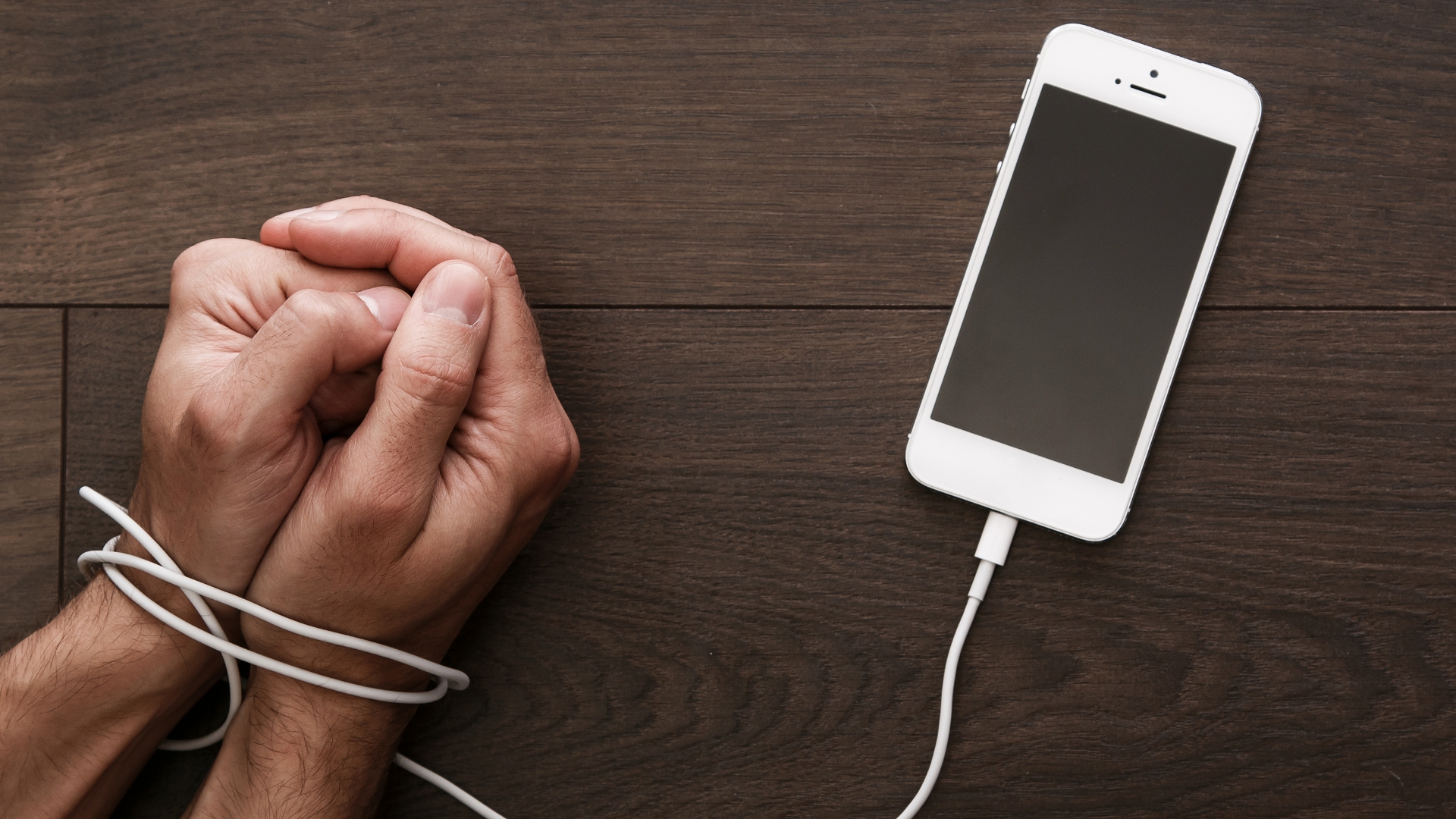Nomophobia (the fear of mobile phones): signs, causes, and preventative measures

Mobile phones are now required for a wide range of activities, but they are also a constant source of worry, stress, and fear when misplaced or empty.

The practice of becoming afraid or anxious when one's mobile phone is taken away, even for a brief period of time, is known as nomophobia. This is despite the fact that having a phone close at hand has proven convenient and occasionally required.
Let us discuss the warning signs, symptoms, and risks associated with this new phobia in this post.
The dread and anxiety associated with not having to use or being disconnected from your cell phone is known as nomophobia.
Nomophobia first appeared in 2008. A UK Post Office survey found that 53% of British mobile phone users felt anxious when they were lost, disconnected, or had no network service.
Therefore, it was known as NO MObile PHone PhoBIA, which was shortened to Nomophobia.
The DSM-IV definition of phobia, which refers to dread of certain objects, is the basis for the term "nomophobia," which is not recognized by the DSM-5. It might be a misnomer and a form of anxiety disorder, according to some researchers. A mild case of nomophobia makes living difficult.
Instant communication and instant reward from smartphones are blamed for the development of nomophobia, a smartphone addiction illness. FOMO, or the fear of missing out, also has an impact on it. Although having and utilizing a mobile phone has many advantages, there are drawbacks that may affect one's health. To completely comprehend the cause, more research is required.
What symptoms and indicators of nomophobia are present?
Despite the fact that owning and using a mobile phone has many benefits, there are also numerous drawbacks in terms of your health.
*Possible symptoms of nomophobia include:
*Panic and agitation when your phone vanishes out of nowhere.
*You should constantly monitor your phone for missed calls or messages.
*Always make sure you have your phone with you.
*Using phones even when they are charging or worrying that the battery will run out.
*Unease in the absence of an Internet connection.
Potential effects and symptoms of nomophobia
*Anxiety
*Respiratory Alteration
*Trembling
*Perspiration
*Agitation
*Disorientation
*Tachycardia
People's increasing reliance on mobile phones has led to a rise in nomophobia, a major issue. Set limits on how much time you spend on your phone, take breaks, interact with others, and seek out behavioral therapy or mental health treatments to help overcome this. Setting limits on how much time you spend on your phone, taking breaks, and participating in social activities can all contribute to balance and better physical and mental health. To help you manage your phone addiction, it could be beneficial to get in touch with a mental health service or participate in behavioral therapy.
Phantom vibration syndrome, or ringxiety, is a condition related to smartphones in which users may feel as though their phone is vibrating. Of those who took part in the survey, 41.7% were unable to refrain from using their phones for at least a day. To lessen your fear of strangers, establish limits, take breaks, interact with others, and get mental health help.
Anxiety, panic, and agitation are caused by nomophobia, which has a detrimental effect on the physical and mental health of mobile phone users. It is advised to train yourself to spend less time away from phones.
